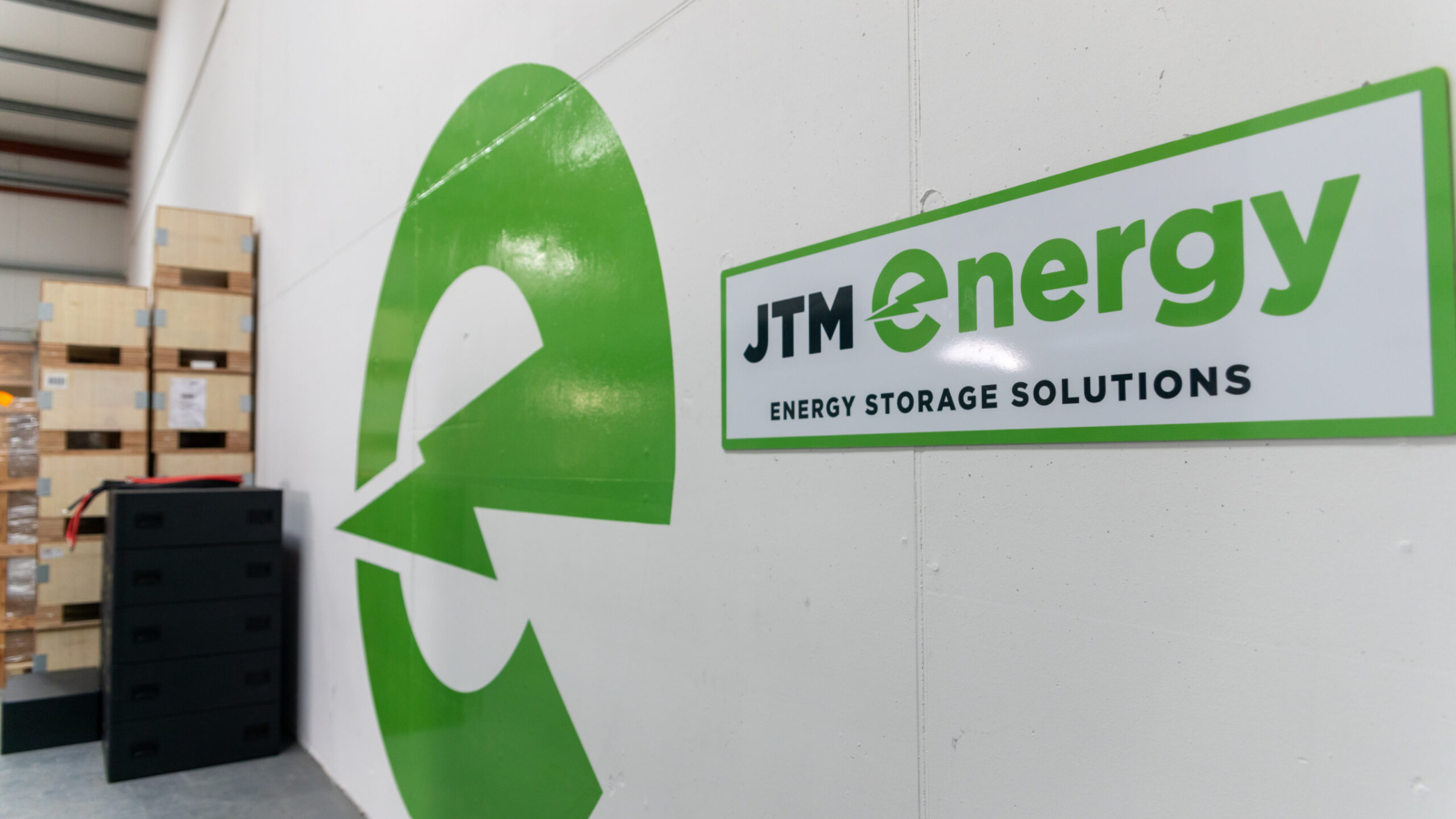Beyond the Grid: Empowering Communities with Battery Energy Storage Systems
In the ever-evolving energy landscape of Ireland and the UK, the shift towards more sustainable and resilient energy solutions is palpable. Among the myriad of technologies spearheading this transition, Battery Energy Storage Systems (BESS) stand out for their unique potential to empower communities far beyond the traditional grid. As an Energy Consultant deeply embedded in the Irish and UK markets, I’ve had the privilege to witness and contribute to the transformative role of BESS in fostering energy independence, sustainability, and economic growth at the community level. This blog delves into the essence of BESS, its benefits for communities, and the bright future it heralds for local energy systems.
Unveiling BESS: A Community Powerhouse
BESS is more than just a technology; it’s a catalyst for change. By storing electricity—either from the grid at times of low demand and low cost, or directly from local renewable sources—BESS provides communities with a reliable and flexible energy supply. This is particularly crucial in areas where grid reliability is an issue or where grid connection costs are prohibitively high.
The Role of BESS in Community Energy Systems
At the heart of community energy systems, BESS plays multiple roles:
- Energy Security: BESS ensures a stable and reliable energy supply, reducing dependency on the central grid and enhancing resilience to outages.
- Renewable Integration: It facilitates the integration of local renewable energy sources, such as solar panels and wind turbines, by storing excess energy for later use, thus maximising the use of local resources.
- Peak Shaving: BESS can help communities reduce energy costs by storing energy during off-peak times and using it during peak times, when energy prices are higher.
- Grid Services: In some cases, community energy systems can provide services to the broader grid, such as frequency regulation and demand response, creating potential revenue streams.
Empowering Irish and UK Communities
In both Ireland and the UK, numerous communities are already reaping the benefits of BESS. From rural villages to urban neighbourhoods, BESS is proving to be a versatile solution for a variety of energy challenges.
Case Studies: BESS in Action
- Rural Electrification: In remote areas of Ireland and the UK, BESS is being used to provide reliable electricity where extending the traditional grid would be economically unfeasible.
- Urban Resilience: In cities, community-led BESS projects are enhancing energy resilience, ensuring that essential services remain operational during power outages.
- Energy Co-operatives: Numerous energy co-operatives have emerged, where community members collectively invest in BESS and renewable energy sources, fostering a sense of ownership and shared benefits.
Overcoming Challenges and Looking Ahead
While BESS holds immense promise, its widespread adoption in community settings is not without challenges. Initial capital costs, technical complexities, and regulatory hurdles are some of the obstacles that need to be addressed. Moreover, there’s a pressing need for supportive policies, financial incentives, and community engagement strategies to facilitate the adoption of BESS at the grassroots level.
However, the future looks bright. Technological advancements are rapidly reducing the costs of BESS, making it more accessible to communities. Furthermore, there’s a growing recognition among policymakers of the critical role that community energy systems, supported by BESS, can play in achieving broader energy and climate goals.
Conclusion: A Sustainable and Empowered Future
BESS stands at the forefront of a revolution that goes beyond energy storage; it’s about empowering communities to take control of their energy future. In Ireland and the UK, the potential for BESS to transform local energy landscapes is immense. By embracing this technology, communities can not only enhance their energy security and sustainability but also contribute to the broader goals of carbon reduction and economic resilience.
As we continue to navigate the complexities of the energy transition, the role of communities, bolstered by innovations like BESS, will be pivotal. It’s a journey of collective action, innovation, and resilience, leading us towards a more sustainable and empowered future.


